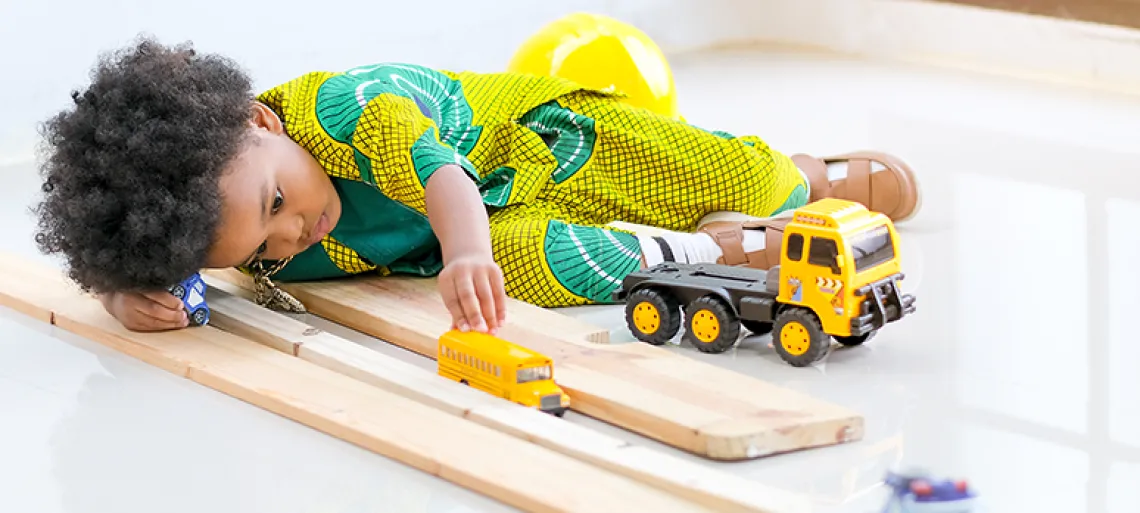
The end of the school semester is approaching, and families are getting ready to spend time together. Regardless of the beautiful images of family gatherings we see in the media, being together can be a very stressful and challenging time.
In the series of workshops presented this past fall semester, we discussed how sometimes, parents seeking “perfection” wrongly believe that they must always keep their children entertained. This practice adds another item to an already packed to-do list and prevents everyone from having a much-deserved and needed break.
Children need unstructured time when guided by their desires to entertain themselves and improvise. From boredom comes imagination. Children of all ages need to explore and create, engage in physical activities, enjoy the outdoors, and socialize. It is essential to understand that unstructured time does not mean unsupervised time. For younger ones, it could be to play close to you while you prepare a meal. For older ones, an afternoon with friends at the mall or the park will provide socializing time.
A healthy development and mental state require spending time together as a family and alone. To facilitate this, no matter your family members' ages or how you spend vacation time – with your household members only or with a house full of guests – here are some tips:
- Designate no electronics time and no electronics zones – No devices are allowed at the table during meals, in the bedrooms at night, or during family time. Develop a Family Media Plan and be sure you follow it too and set a good example.
- Provide open-ended materials – Depending on your child’s age and likes, have available art supplies, blocks, empty cardboard, Play-Doh or slime, balls, skates, and bikes.
- Encourage time outside the home – outdoor activities like hiking, playing a sport, or goofy games at the park. Also, consider volunteering time to a favorite charity or non-profit organization.
Along with family gatherings and festive events, running errands could be a challenge. Sitting in heavier traffic and standing in long lines to pay for groceries or gifts are made worse when your kids are uncooperative. To ease the process of doing errands without losing your temper with your child’s complaints, parents can:
- Reverse roles – older children can learn to plan and to be responsible by “being in charge.” Parents can let the child lead instead of leading some errands or chores. Invite your child to design or create something and follow their ideas. Ask them to help you write a list of groceries and allow them to fill the cart. Be sure not to judge the outcome. The goal is to allow your child to learn something new and get their cooperation.
- Busy bags – keep younger ones occupied while they learn. Choose a topic and fill a small plastic container or Ziploc with items—for example, crazy straws and felt circles in different colors. Cut a hole in the circles, and they can match the colors or create color patterns.
During these school vacations, while enjoying family time and creating memories, remember that you minimize stressful situations for all family members by keeping things simple. There is no such thing as a perfect family or event. Plan time together, but also allow everyone to enjoy time alone.

